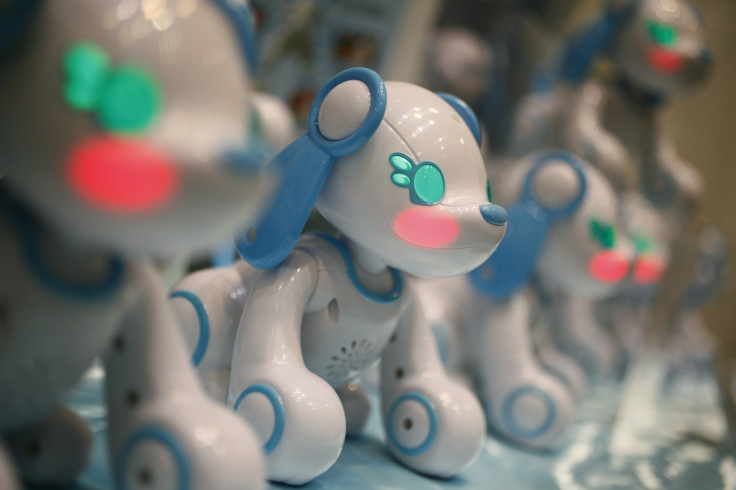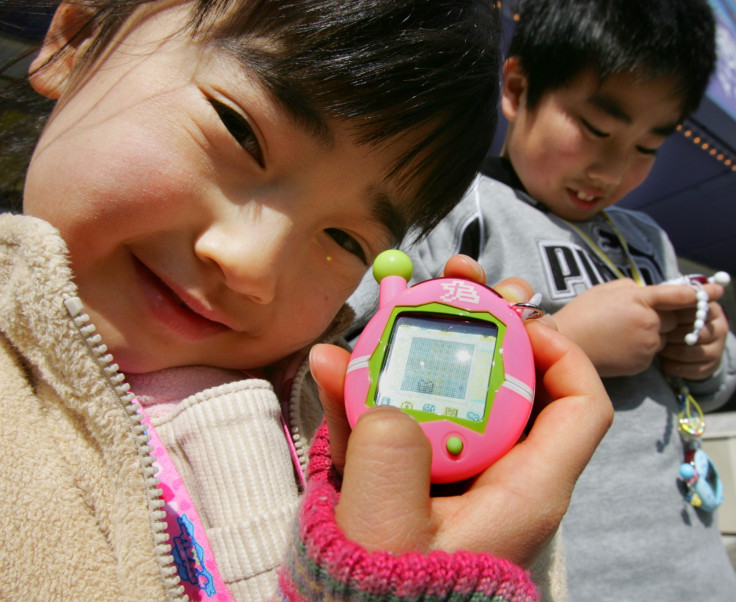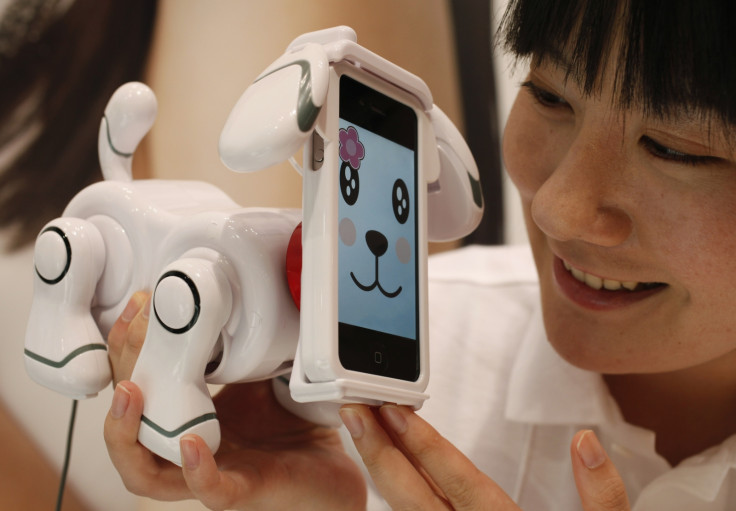Robots and virtual pets could replace real animals if the world becomes overpopulated

In the future, humans could rely on robot animals and virtual pets rather than real ones if the world becomes too overpopulated.
This is the view of University of Melbourne animal welfare researcher Dr Jean-Loup Rault, who thinks robotic pets that can mimic animals might become commonplace as advances into artificial intelligence progress.
His paper, Pets In The Digital Age: Live, Robot Or Virtual?, is published in the journal Frontiers in Veterinary Science.
"It might sound surreal for us to have robotic or virtual pets but it could be totally normal for the next generation," Rault said.
"It's not a question of centuries from now. If 10 billion human beings live on the planet in 2050, as predicted, it's likely to occur sooner than we think.
"If you'd described Facebook to someone 20 years ago, they'd think you were crazy. But we are already seeing people form strong emotional bonds with robot dogs in Japan."
The rise of the virtual pet

In the mid-1990s, the craze for Tamagotchi virtual pets spread across the world from Japan, with children and adults alike becoming so addicted to playing with the tiny devices, they would even hold funerals for their pets when they died.
Initially one of the most sought-after toys, over time the plethora of Tamagotchi products expanded so much that prices dropped and consumers got over the idea that their virtual pet, which consisted of just a few pixels, would eventually die if the device ran out of battery or was dropped into water by accident.
Today, robotic animals are still quite primitive and are little more than toys with a bit of programming, as most of the investment into robotics is focused on creating robots that can perform crucial tasks, such as completing chores in the home, disinfecting hospitals or clearing obstacles on a battlefield.
"You won't find a lot of research on pet robotics out there, but if you Google robot dogs, there are countless patents. Everyone wants to get ahead of this thing because there is a market and it will take off in the next 10 to 15 years," Rault said.
Could humans begin to lose their compassion?

However if they were programmed to be able to mimic real cats and dogs, robot pets could be of use to users who are scared of real animals, allergic to them or short on space and money for their upkeep. But more than just replacing animals, the researcher is concerned that humans could begin to lose their compassion for other living beings.
"Robots can, without a doubt, trigger human emotions. If artificial pets can produce the same benefits we get from live pets, does that mean that our emotional bond with animals is really just an image that we project on to our pets?" Rault asked.
"Of course we care about live animals, but if we become used to a robotic companion that doesn't need food, water or exercise, perhaps it will change how humans care about other living beings."
© Copyright IBTimes 2025. All rights reserved.





















